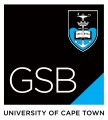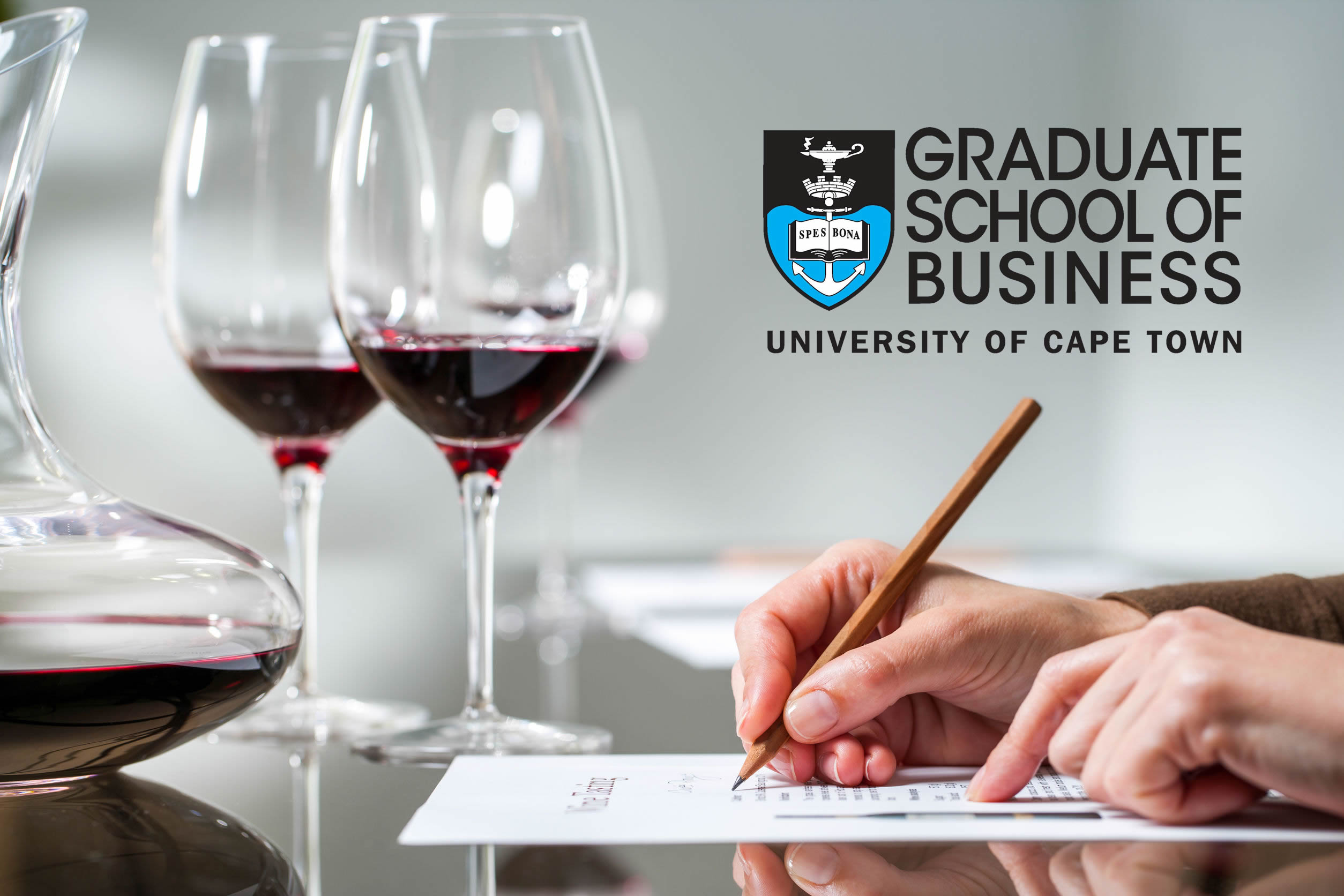Many wine enthusiasts – especially after a few glasses of their favourite wine – consider themselves fully qualified wine judges, without contemplating the knowledge, training and discipline involved in acquiring real competency. In fact, in South Africa only a few industry professionals are able lay claim to recognition as a wine judge – among them graduates of South Africa’s Wine Judging Academy (WJA).
Designed and run by teaching fellow at the UCT Graduate School of Business (GSB), Michael Fridjhon, the WJA aims to increase the country’s pool of wine judges and promote the development of this scarce and essential industry resource. There is only one intake of students each year and competition for places is fierce and the programme is always oversubscribed.
“Without a community of skilled judges, producers struggle to obtain independent and meaningful feedback. Part of the reason producers enter competitions is to have access to an impartial sounding board – and this presupposes an appropriate level of competence amongst the panellists. The more consistent the message from the competition environment, the more coherent the feedback and the better the benchmarks through which to measure success,” says Fridjhon.
Skilled tasters are better communicators, able to articulate their opinions to consumers and ensure quality achievements in the industry are properly recognised. Many candidates are also wine producers and teaching them to understand wine from a judging perspective gives them the detachment to measure what they are doing and to modify their performance accordingly, says Fridjhon.
However, a reciprocal relationship exists between wine judging competency and wine business competency, according to Jonathan Steyn, convenor of the wine business programme at the GSB. “Developing sensory acumen and forensic insight goes hand in hand with the development of wine business acumen and market insight,” Steyn explains.
Getting to grips with the symbiosis between wine business management practice and judging skills is so crucial for practitioners that the GSB and WJA teamed up in designing an intermediate-level GSB Tasting Academy, as a key component of its wine business management programme.
“Wine business practitioners astute at assessing and comprehending the sensory intrinsics of a wine and the situation, interventions and intentions that brought them into being, are at an advantage,” explains Steyn. “However, it is only when these skills are integrated with, for example, an understanding of product positioning frameworks, relevant consumer segmentation and prevailing quality conventions in the market, or competency in crafting extrinsic branding strategies, that they create value for wine businesses.”
Therefore, the unique aim of the business-focused GSB judging sessions is “to equip students with an effective tasting methodology that places emphasis on improving decision-making capabilities in the wine business field,” says Steyn.
An additional benefit of acceptance into the GSB wine business programme is that high performing GSB tasters in each cohort are guaranteed places in the WJA, providing aspirant wine judges with a valuable pathway into high-level judging arenas.
Fridjhon sums up: “The skill acquisition is fairly immediate, though competence and reliability improve with experience. Graduates fast-track their career development, and can deliver greater value to their employers, as winemakers, sommeliers, buyers and sales personnel. Wine judging skills are also a useful attribute for would-be winery owners.”
The next wine business management programme begins on 9th May 2016 at the GSB. To apply: visit the website on www.gsb.uct.ac.za/wine-management or email [email protected].




